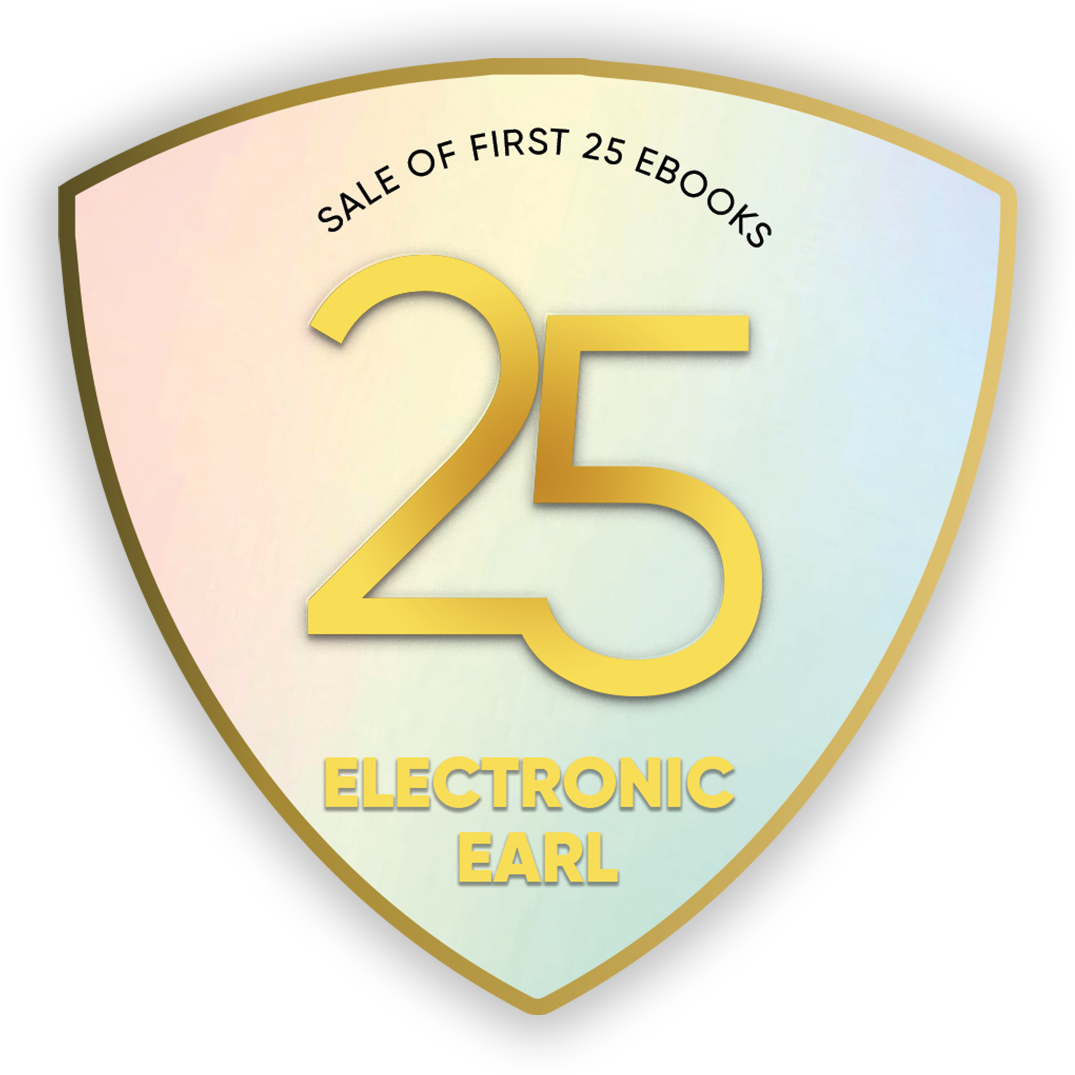
- Discover books
- For Writers
-
For Writers
-
Indie Author Championship
-
Challenges
Writing Contests
- Get Started

"It was a wonderful experience interacting with you and appreciate the way you have planned and executed the whole publication process within the agreed timelines.”
Subrat SaurabhAuthor of Kuch Woh Pal -
K V Vishwanathan
K V Vishwanathan (Vish), 54 is a Business Performance Consultant and an Executive Coach who lives in Hyderabad. He was always intrigued and interested in Indian mythology through listening to and reading the stories as a child. He later passed on these stories to his children as they were growing up. But the constant questions thrown by them are what lead to his further research on the Ancient Indian History. This slowly evolved into a passion for the Vedas and their application & implication in our every day lives. This was further fueled by meeting his Guru Shri H Parameshwaran Iyer, an Read More...
K V Vishwanathan (Vish), 54 is a Business Performance Consultant and an Executive Coach who lives in Hyderabad.
He was always intrigued and interested in Indian mythology through listening to and reading the stories as a child. He later passed on these stories to his children as they were growing up. But the constant questions thrown by them are what lead to his further research on the Ancient Indian History. This slowly evolved into a passion for the Vedas and their application & implication in our every day lives.
This was further fueled by meeting his Guru Shri H Parameshwaran Iyer, an engineer by profession and a teacher of the Vedas who has been the most important catalyst in leading the path from mythology to Vedas.
In the journey, Vish learnt that a better understanding of Vedas (the technical essence) is possible only through a thorough knowledge of Sanskrit and he went on to pursue learning the language and the learning continues...
Read Less...Crop your profile image

Caste, Class and Colour
Books by K V Vishwanathan
The Hindu Dharma (known as Hindu religion by the west) has been the subject of many a debate over the ages. Some scholars do not agree with the interpretation of others.
In such an environment, Vishwanathan ignites the curiosity of the common man about Hinduism and shares information on how the caste and class need to be understood through the Upanishads resulting in a true understanding of the Manusmriti.
Vishwanathan clears the air about al
The Hindu Dharma (known as Hindu religion by the west) has been the subject of many a debate over the ages. Some scholars do not agree with the interpretation of others.
In such an environment, Vishwanathan ignites the curiosity of the common man about Hinduism and shares information on how the caste and class need to be understood through the Upanishads resulting in a true understanding of the Manusmriti.
Vishwanathan clears the air about all misinterpretations that are commonly available to us, by referring to the ancient texts, explaining and analysing it for us. A very interesting read, to say the least.
Inside Out
Books by K V Vishwanathan
The central subject matter of this book is the Vedas. While it is a book that is written primarily for a layman’s audience, this work is for anyone wishing to consider and follow the path of Hindu dharma.
The Vedas are more a subjective than an objective science. It is true that when practising Hindu dharma, one needs to be logical and subjective. But being logical is not the same as using formal logic.
The work is intended to demystify various
The central subject matter of this book is the Vedas. While it is a book that is written primarily for a layman’s audience, this work is for anyone wishing to consider and follow the path of Hindu dharma.
The Vedas are more a subjective than an objective science. It is true that when practising Hindu dharma, one needs to be logical and subjective. But being logical is not the same as using formal logic.
The work is intended to demystify various (if not all) terminologies and nomenclature of Hinduism, and to break the myth that the ‘Puranas’ and ‘Itihasa' are meaningless mythologies or absurd Indian history but technical commentaries on Vedas. This will help the readers in understanding the various practices and rituals.
The intention of this work is not to hurt the sentiments of any persons following any dharma or any religion but only to make proper philosophical enquiries into the practice of the respective dharmas and religions. The common view of Hindu dharma is to encourage Poorva Paksha- i.e. the art of enquiry and debate.

Are you sure you want to close this?
You might lose all unsaved changes.
Select from one of our global stores to continue
 India
India
 Malaysia
Malaysia
 Singapore
Singapore
 UAE
UAE
Warning Message
The items in your Cart will be deleted, click ok to proceed.












